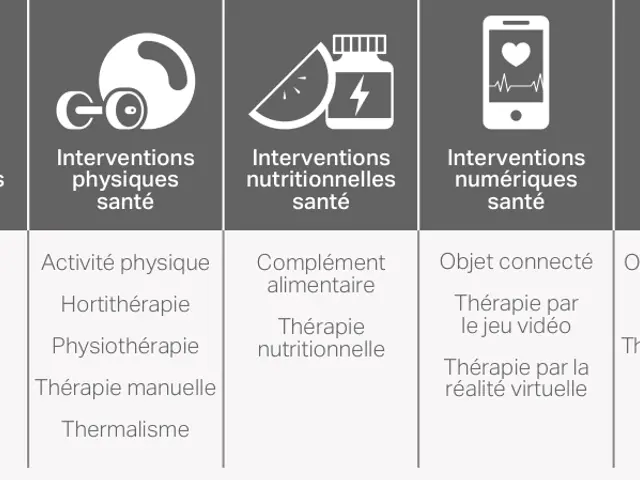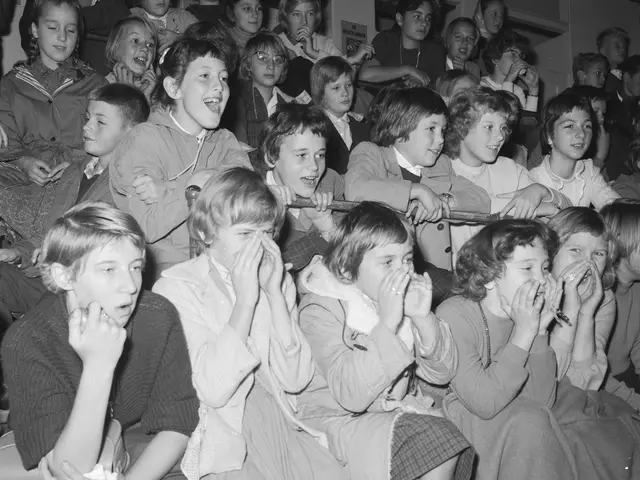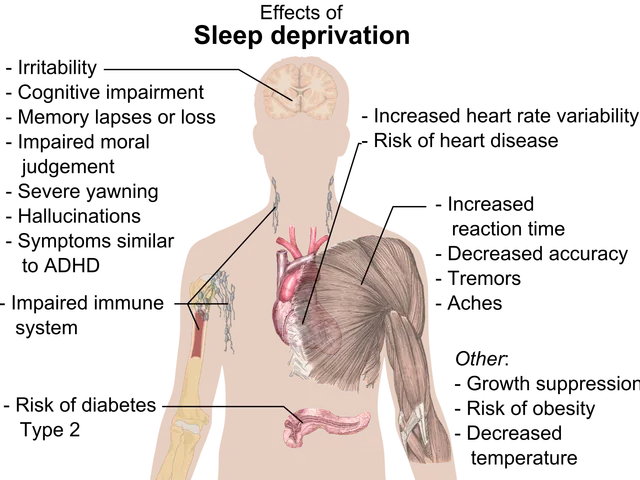Query: Should an Adult Get a Measles Booster Shot?
When a measles outbreak hits the news, it's natural to worry about your own vulnerability to the virus. Even if you were vaccinated as a kid, is there a possibility you need a measles booster as an adult? Recent events have raised questions, such as the measles outbreak in west Texas, with 90 cases reported since January 2025. Five vaccinated individuals have contracted the disease, and the rest are unvaccinated or have an unknown vaccination status. The Texas Department of State Health Services anticipates more cases in the outbreak area and surrounding communities due to the disease's contagiousness.
Measles might seem like a relic of the past, but it still pops up occasionally. Last winter, cases were reported in Philadelphia, Washington state, New Jersey, and Georgia. Given the disease's potential to cause severe symptoms and long-term complications, it's understandable if you're curious about staying safe. Booster vaccines are common for viral illnesses like flu and COVID-19, so should you consider the same for measles? Let's delve into the facts.
How the Measles Vaccine Works
In the U.S., the measles vaccine also protects against mumps and rubella, known as the MMR vaccine. It's a live attenuated virus vaccine, containing weakened viruses that induce an immune response, preparing the body to protect against future exposures. This often results in few or no symptoms before the body eliminates the viruses, allowing the immune system to produce infection-fighting cells that recognize and combat the measles virus if encountered later.
"This vaccine is remarkably effective," says Dr. William Schaffner, an infectious disease specialist at Vanderbilt University School of Medicine. One dose of the shot offers 93% protection, and two doses increase that to 97%.
Children receive their first MMR dose between 12 to 15 months, and the second between 4 and 6 years old. However, vaccination requirements vary by school, state, and religion, so some adults may have gone without the MMR vaccine.
Can Measles Immunity Deteriorate Over Time?
It's a reasonable question, but we don't have extensive research on the subject. From the studies we do have, it appears that measles immunity endures quite well.
"The vaccine is super effective," says Dr. Tony Moody, a professor of pediatrics at Duke University Medical Center. "We think once you've got immunity, it probably lasts for the rest of your life. However, potential reasons for a slight weakening in immunity include decreased exposure and declining immune function with age, particularly within elderly populations."
Can You Test for Measles Immunity?
Yes, an antibody titer test can detect your immunity to the measles virus. It's available via a doctor or pharmacy like CVS, though you may need to pay out of pocket for it.
Testing for T-cells is more difficult and not typically done for this purpose.
When is a Measles Booster Needed?
As long as you're up-to-date on your recommended shots, experts say you should feel confident in your protection.
Generally, it's "extraordinarily rare" to get measles if you've been fully vaccinated, says Dr. Thomas Russo, chief of the division of infectious diseases at the University at Buffalo in New York. Fully vaccinated people who become infected usually have a milder case, and are less likely to spread measles to others.
However, it's crucial to ensure you're fully vaccinated, and if you were not vaccinated but had measles as a child, it's "presumed" you have immunity. If you received only one dose as a kid, a second dose as an adult may be advisable in high-risk circumstances, such as frequent travel or working in healthcare or education.
Ultimately, the decision is personal and should be discussed with your physician. If you live in or are traveling to an area with an outbreak or low vaccination rates, or if you're concerned, there's no harm in getting another MMR dose, just in case. "They're very effective and safe," says Dr. Moody.
- The measles vaccine, which protects against not only measles but also mumps and rubella, works by introducing weakened viruses to the body, stimulating an immune response and preparing it to combat the measles virus in the future.
- Booster vaccines for viral illnesses like the flu and COVID-19 are common, leading some to wonder if a measles booster might be necessary as well, especially considering the potential severity of the disease and its long-term complications.
- According to medical experts, measles immunity tends to last for a lifetime, though it may slightly weaken due to decreased exposure and declining immune function with age, particularly in elderly populations.
- If an individual's vaccination status is unclear, or if they did not receive the recommended two doses of the MMR vaccine as a child, a second dose as an adult may be advisable, particularly in high-risk circumstances such as frequent travel, work in healthcare or education, or living in an area with an outbreak or low vaccination rates.







